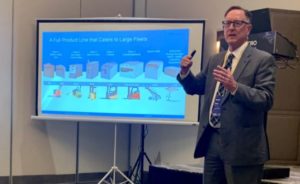
Flux Power presents in the live 2021 LD Micro Main Event XIV
Flux Power Holdings, Inc., a developer of advanced lithium-ion industrial batteries for commercial and industrial equipment, has announced that CEO

Flux Power Holdings, Inc., a developer of advanced lithium-ion industrial batteries for commercial and industrial equipment, has announced that CEO
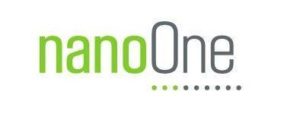
Nano One and Euro Manganese have entered into a Joint Development Agreement. Joint activities will focus on developing manganese products
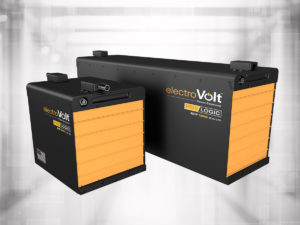
PRISLogic Lithium-Iron Phosphate (LiFePO4) Batteries Feature Thermal Shield Technology, Passive Thermal Cooling and Custom-Tailored Battery Management and Communication System electroVolt, a
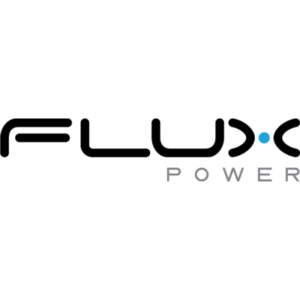
Flux Power Holdings, Inc., a developer of advanced lithium-ion battery packs for commercial and industrial equipment, today announced that it has
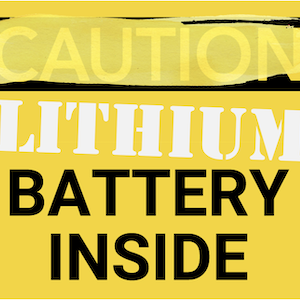
Why are OSHA data statistics important? Ensuring employee safety in the workplace is a key challenge for all companies. Apart

Flux Power Holdings, Inc., a developer of advanced lithium-ion battery packs for commercial and industrial equipment, today reported financial results for
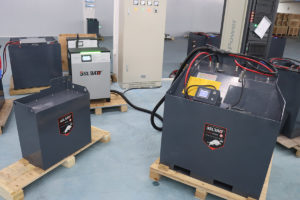
Combilift is revolutionizing the way companies handle and store goods. March Huang, the Senior Sales Specialist, explained what makes BSLBATT

Nano One Achieves Milestone 2 of the Scaling Advanced Battery Materials Project with Support from Sustainable Development Technology Canada and

Nano One® Materials Corp., a clean technology company with patented processes for the low-cost, low-environmental footprint production of high-performance cathode
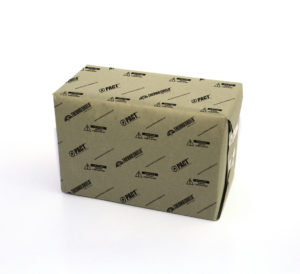
100% recyclable wrap solution exceeds SAE G27 lithium battery packaging performance standards PACT, LLC, an innovator of packaging and crating

Choosing industrial batteries can be complicated—there are just so many options that it can be difficult to decide which factors

Battery Water Technologies has announced that Jack Elliott has been promoted to the position of Business Development Manager. As a

On this episode, I was joined by a previous guest, Harold Vanasse of Enersys®. Harold is the Senior Director

East Penn is proud to announce that the company ranks as one of America’s Best Employers for Women 2021 by
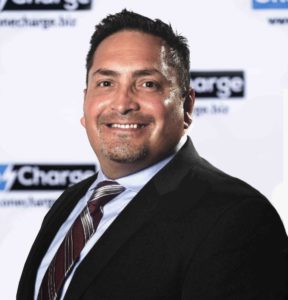
OneCharge Inc., a provider of lithium batteries for the material handling industry, announced that it has appointed David Suarez as
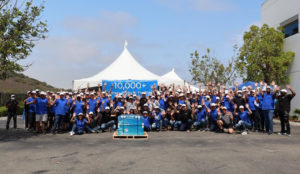
Flux Power Holdings, Inc., a developer of advanced lithium-ion industrial batteries for commercial and industrial equipment, announced on July 30th

Ken Johnson adds manufacturing and supply chain expertise to global operations Green Cubes Technology (Green Cubes), the provider in producing
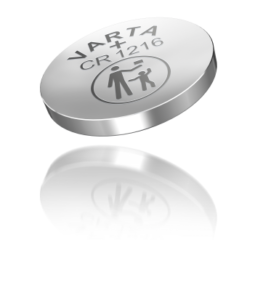
VARTA empowers technologies of the future: VARTA supplies energy in the form of primary lithium button cells to the Norwegian
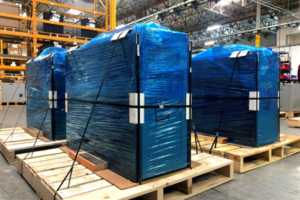
Flux Power Holdings, Inc., a developer of advanced lithium-ion industrial batteries for commercial and industrial equipment, has announced that on
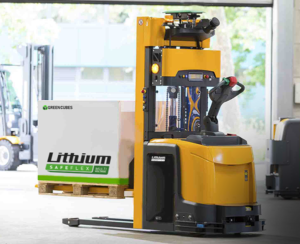
Green Cubes Technology (Green Cubes), a provider in producing Lithium-ion (Li-ion) power systems that facilitate the transition from lead-acid batteries